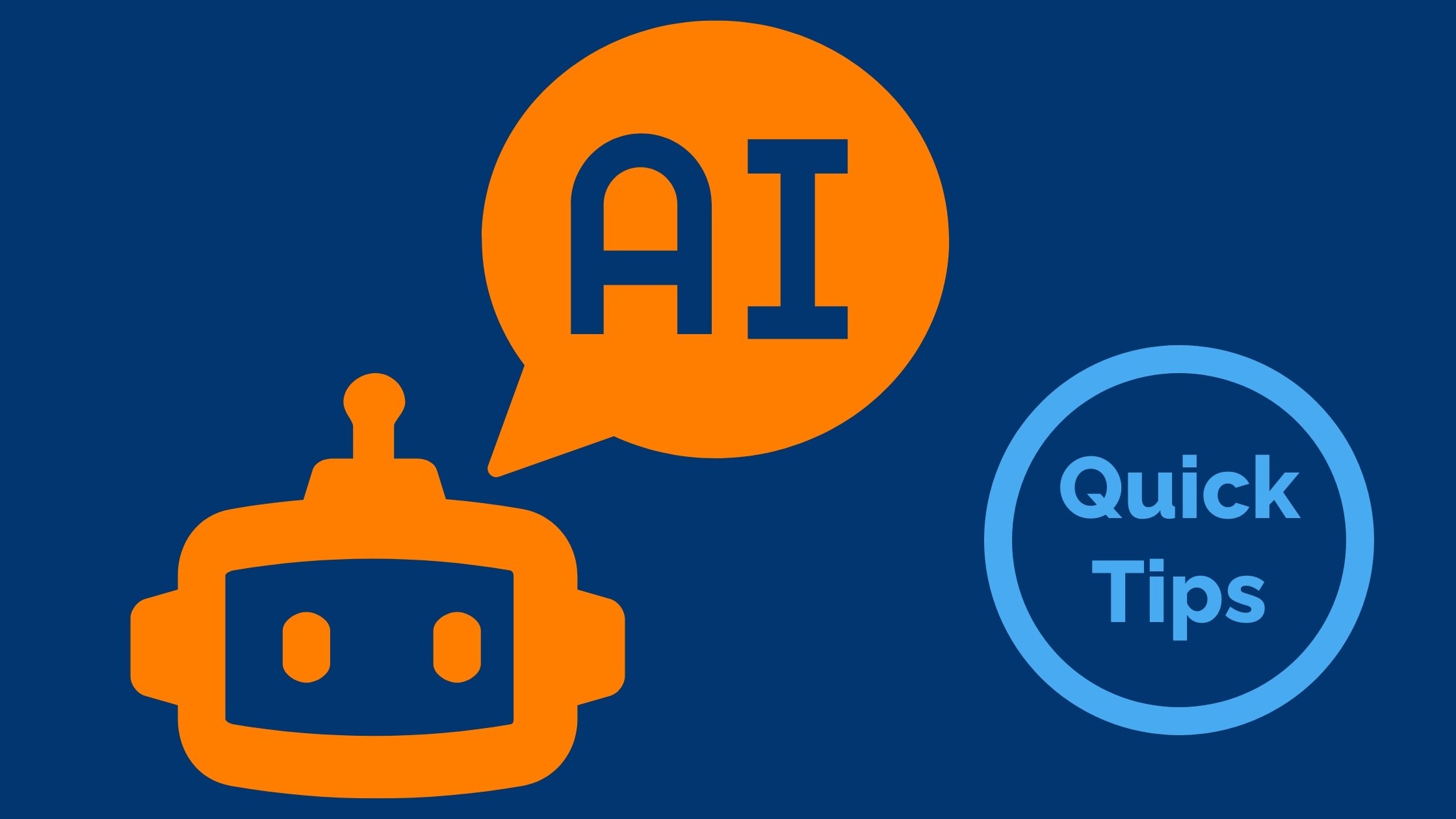Another category of language models that you will come across is the specialized model. This is more of a catch-all category for a lot of different types of models.
These models are trained and tuned for specific tasks or areas. For example, medicine, education, writing, custom applications, etc.
These are the polar opposite of a general-purpose model.
You can find these in specialized tools, shocking, I know, like:
- Khanmigo from Khan Academy (education)
- Med-PaLM from Google (medicine)
- SaulLM (legal)
- Jasper (marketing, writing)
Some of the more popular tools have specialized models (i.e., LearnLM in Google AI Studio), but they are harder to find because most people don’t use them.
Pros of specialized models
- Can do way better than general-purpose models on the tasks that they are trained to do
- Hallucinate less
- Much more accurate in their area of specialization
- Fast
- Smaller models that can run on a wider range of devices
Cons of specialized models
- Narrow areas of focus (for what it’s worth, I think that this can be a pro)
- May require more maintenance if the area of specialization changes often
- Usually costs more to use the tools
- Really not usable for most tasks
The cons can sound pretty bad, but the reality is that specialized models are going to become more common. People are much less likely to be confused about how to use them since they will only do a small number of things. They can also outperform general-purpose models by a wide margin (think a smart car vs a Ferrari in a drag race).
If you haven’t seen any specialized models yet, you will.


Comments